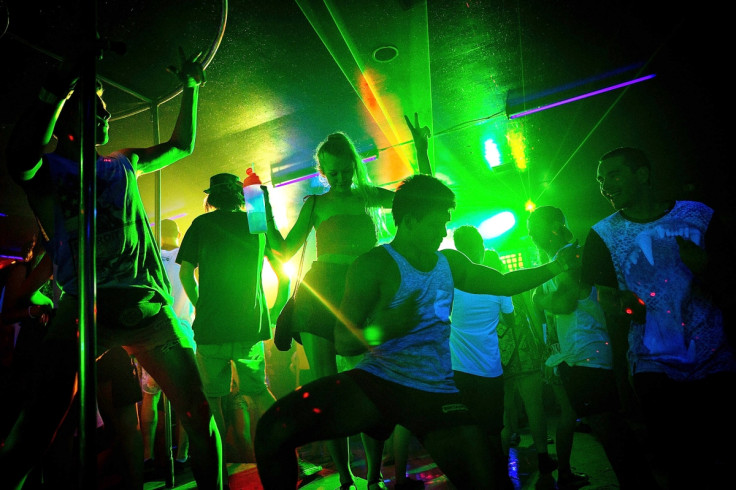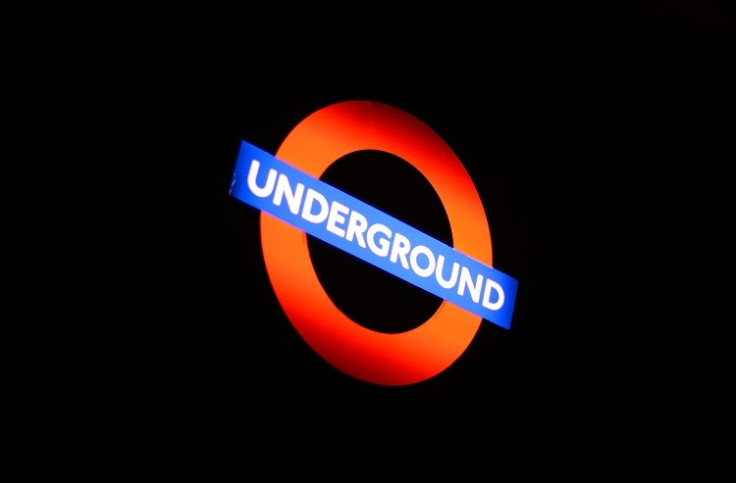London needs to cater for 24-hour party people to rival Barcelona and Berlin

"You snooze you lose" is a refrain often presented in business for those that want to keep ahead of the game. It is a useful adage for those who want to keep things innovative and moving, to experiment and explore and push the boundaries of what is the status quo. One could equally apply it to a city.
With Transport for London's 24-hour weekend Tube service on the horizon, there has been much debate as to whether or not London should indeed be a 24-hour city. Another way to look at it is how could it not be?
In Britain, we often like to think of London as a jewel of innovation and creativity; a place where we lead the way in trends in multiple arenas including fashion, design and the arts. In each of these areas – as well as in music, film, advertising and urban design, it is almost incomprehensible to imagine us being a world-class leader without one of the most important elements that is at the centre of our heartbeat and pulse. That is the night-time economy.
What is it about Britain that local authorities and national authorities believe we should be all tucked up in bed by midnight?
For those of us that are old enough to remember, there was a time when British pubs used to have to close at 11pm and on Sundays close at 3pm and then open again at 7pm until last orders at 10.30pm. Challenging that rule – which was the legacy of our hangover from the Defence of the Realm Act, whereby it was considered dangerous to have ordinary people drinking too much when they should be fit for fighting – was a major battle at the time.
Today we reflect on it nostalgically as a strange cultural moment along with other quaint British idiosyncrasies from a bygone era. Yet while we like to consider ourselves as modern and forward- thinking, we are in the UK still somewhat gripped by a small-minded outlook when it comes to one of our most important and dynamic economic and cultural sectors.
When travelling around the world, people often identify Britain with certain attributes. Taking a moment to remind ourselves of them, we know that alongside the Beefeaters, Buckingham Palace and the Houses of Parliament, millions visit us every year to enjoy and participate in the multifaceted arena that makes up our entertainment, leisure and hospitality services.
From The Beatles to Mark Ronson, The Who to Calvin Harris, Adele, Wiley and Labrinth, the visitors and our own residents love to share in the major success that is British musical culture. With more than 300 million visits to establishments after 8pm annually and a whopping £66bn revenue tag, employing 8% of the UK's population, the night-time industries are a massive contribution to the success of UK Plc. None of this is possible without the contribution of a buoyant night-time sector – yet at every turn there are limits and curtailments to this vital part of our culture.
In Scotland, following the closure of The Arches nightclub in Glasgow, which held the gold standard for operations and funded a theatre that was the pride and glory of the city, Police Scotland has continued to treat citizens as potential criminals by taking DNA swabs of customers waiting to enjoy their leisure time having a dance and a drink after 10pm.

In Cambridge, McDonalds has been "encouraged" to have compulsory breathalysers for anyone that wants to enjoy a burger and fries after midnight and across the country, from Liverpool to Brighton and all across our capital city, an approach by police and licensing authorities that seeks to blame our business community when incidents happen rather than to work in partnership has led to an array of economic and psychological pressures whereby owners and operators live in constant fear of having their licence to operate being reviewed.
Yet, surprisingly, the great news is that in the past 10 years, serious crime has decreased significantly, A & E levels have stabilised and up to 23% of young people are reportedly teetotal. All this has happened while we have witnessed the flourishing of pop-up restaurants, enticing and enjoyable street food festivals and a new generation of bars and nightclubs that are the envy of the world.
In the past two years alone, 10 of London's largest nightclubs have closed with no others equal in size to replace them.
One of the questions we need to ask, when soon the 24- hour Tube is running, is what kind of city do we want to live in? What kind of country do we want? Do we want our high streets and city centres to experience the "Detroit effect" where vast tracts are dark and uninhabited?
Or should there be a mix of professionally run and highly desired activities, where theatre, cinemas, salons, night clubs, bars, restaurants, street festivals, gyms and all sorts of cafés and museums are able to provide for the needs of an international community that does not live in the 1950s?
Why should, for instance, an ad agency executive that is working on campaigns in Mumbai and Melbourne not be able to come out at four in the morning and enjoy a glass of wine and some food – and a dance in a club – like they can in Paris, Barcelona, Berlin or any number of other international cities? What is it about Britain that local and national authorities believe we should be all tucked up in bed by midnight?
In the past two years alone, 10 of London's largest nightclubs have closed with no others equal in size to replace them. When consumers – and the best and the brightest from key global companies – decide to vote with their feet and visit Berlin and Barcelona instead, it is the British economy and our cultural value that is harmed so dramatically.
Of course, a number of intertwining issues, from the need to embark on a far more ambitious housebuilding campaign (to stop the pressure for all existing spaces to convert to living spaces) along with the impulse of local and national authorities to regulate key areas of life – need to be challenged.
More than this though, we need to all have our say about the kind of city and country we want to live in. Do we want it to be vibrant, eclectic, full of choices and interesting and leading the way through the 21<sup>st century? Or do we want to be left behind? For those of us that want the former, we should make our voices clearly heard locally and nationally.
Alan D Miller is Chairman of the Night Time Industries Association, follow him at @wearethentia and @alanvibe
© Copyright IBTimes 2025. All rights reserved.






















